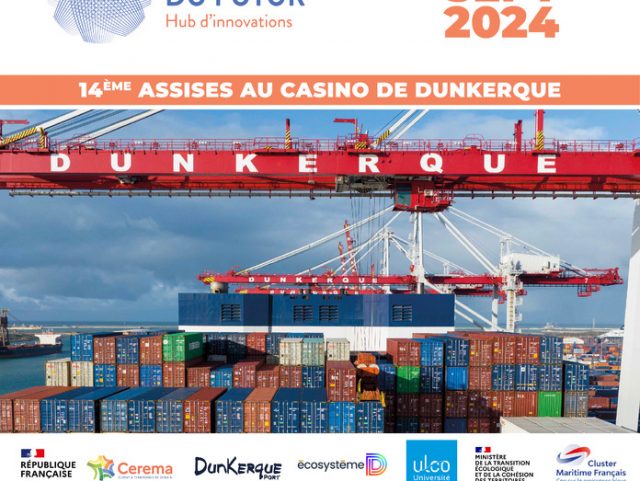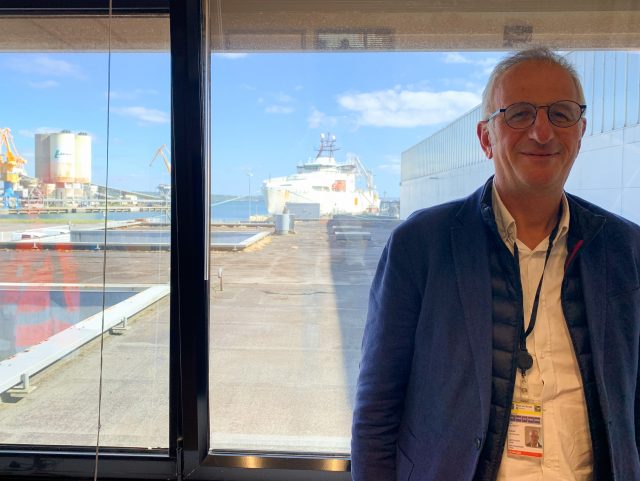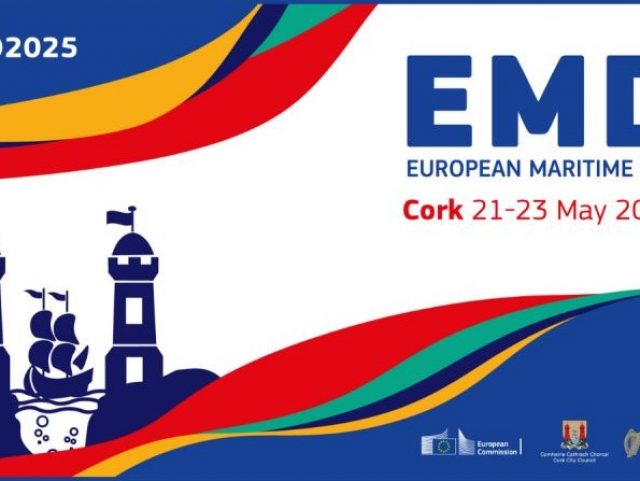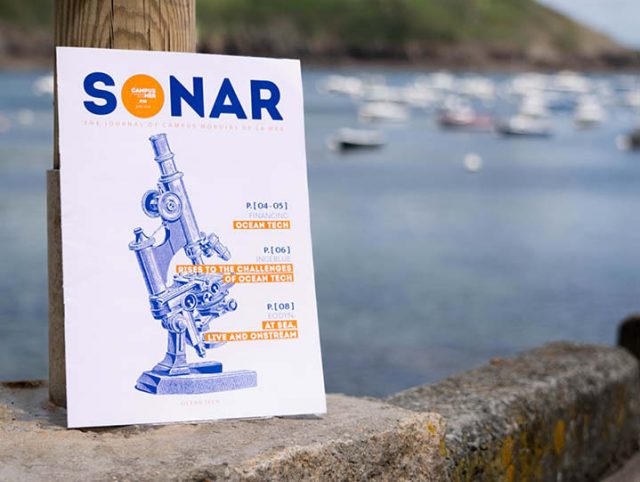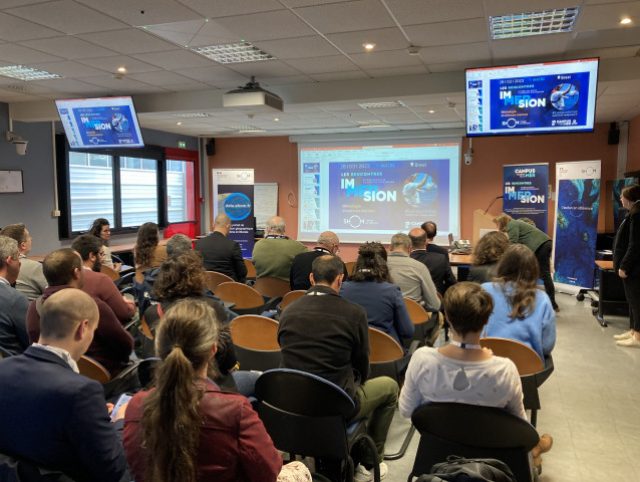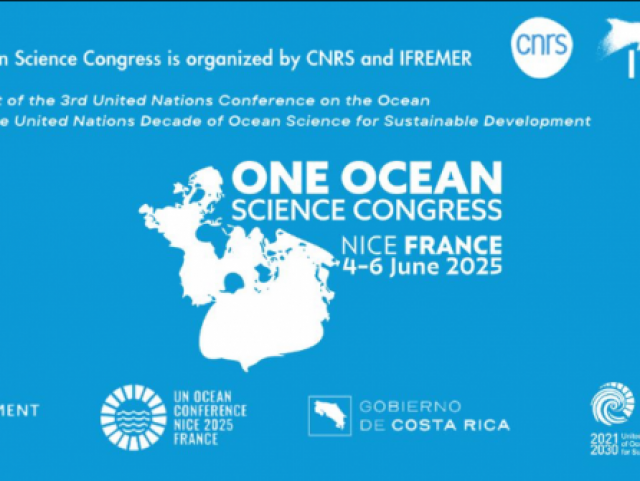Innovation assists maritime transport
Carbon neutrality for vessels and ports by 2050 is certainly an ambitious objective, but has the benefit of mobilising the entire maritime logistics chain. Although there is still a long way to go, France in general and Brittany in particular will play a crucial role in shaping tomorrow’s maritime industry.
The Port of Brest is Brittany’s true flagship, specialising in shifting cargo and repairing vessels. It also engages in many different activities including military, trade, fisheries, manufacturing , pleasure craft and passenger transport. This is the region’s only port for container vessels. Brest has one of Europe’s largest dry docks, with capacity for vessels up to 300m long. The city is also at the heart of a shipping repair industry, mainly located at the Damen and Pirou Naval Services shipyards, with an established national and international reputation. Business activity here is now diversifying into a circular economy encompassing recycling and dismantling, as well as into marine renewable energy – with a new dedicated marine renewable energy terminal already used by several big names in the industry. The Union Maritime Brestoise brings together a whole ecosystem of subcontractors who benefit from this concentration of specialised business activity. Over the years, the Port of Brest has also become a favourite destination for cruise liners from around the world, and now welcomes some 20 cruises and over 30,000 passengers each year.
This all makes Brest a natural home for bodies such as the French Naval Hydrographic and Oceanographic Service (Shom) and Institute for Ocean Science (Ifremer), the many higher education establishments based locally, and Pôle Mer Bretagne Atlantique which unites 350 like-minded public and private sector bodies. These organisations contribute actively to global innovation in nautical cartography, e-navigation, autonomous navigation and solutions for improving vessel safety and security and helping the sector to decarbonise.
Photo: Brittany Ferries
















































